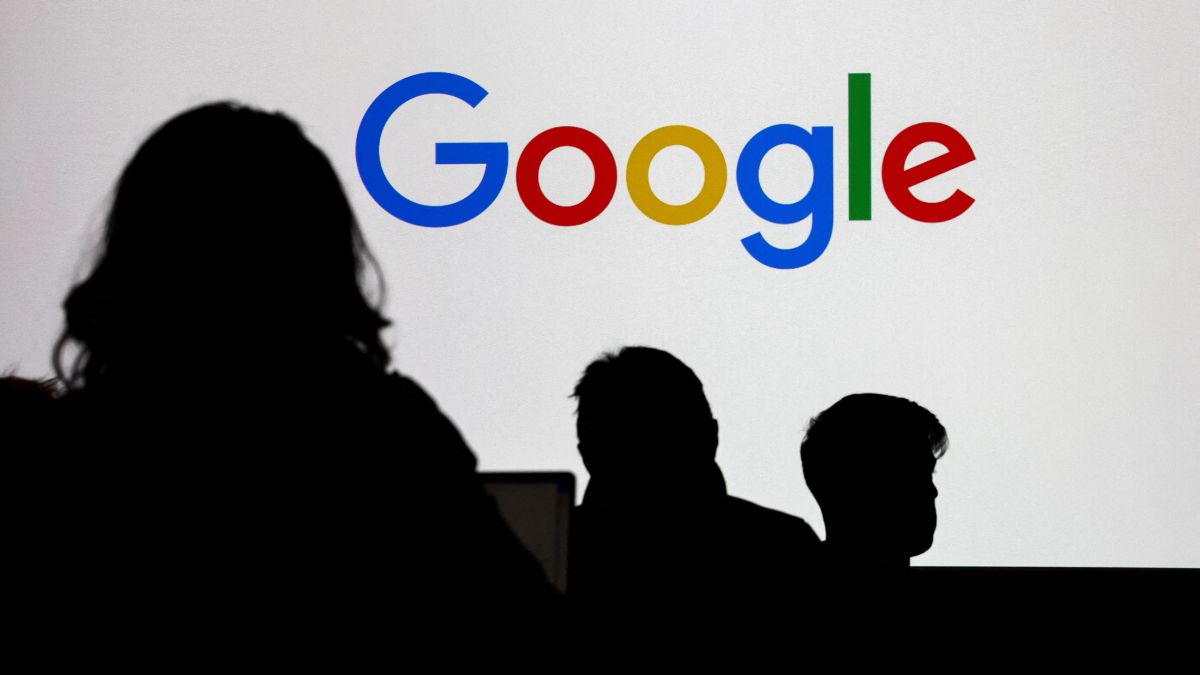Google faced a new courtroom challenge on Monday as US government lawyers urged a federal judge to break up the company’s advertising technology business. The case opened in Alexandria, Virginia, with Google fighting to avoid selling parts of its online advertising arm.
The trial marks the government’s latest attempt to curb Google’s monopoly power, coming just weeks after a judge rejected efforts to force the company to divest its Chrome browser. Publishers and rival ad tech firms—some already suing Google for damages—are watching the case closely.
Focus on ad tech
This lawsuit targets Google’s ad tech “stack,” the system that helps publishers sell ads and advertisers buy them. Earlier this year, Judge Leonie Brinkema ruled that Google had maintained an unlawful monopoly in this market. The current trial will determine what remedies are required.
The Department of Justice (DOJ) wants Google to spin off parts of its ad tech operations, overhaul its practices, and face years of court oversight.
“The law requires the court to put its thumb on the scale” and end Google’s “profound and persistent harms” to competition, DOJ lawyer Julia Tarver Wood said in opening arguments.
Google pushes back
Google’s lawyer Karen Dunne rejected the DOJ’s proposals as “radical and reckless,” calling them a “swing for the fences.” She argued that the measures would be disruptive, unworkable, and likely to “fail as a practical matter.”
Dunne pointed to a recent case over Google’s search business, where a judge ruled a breakup would be “messy and highly risky,” instead ordering data-sharing with rivals and court monitoring. She said the same caution should apply here.
Global scrutiny
The DOJ insists that Google’s promises of reform fall short and would allow it to quickly reassert dominance.
In Europe, regulators fined Google €2.95 billion earlier this month for ad tech abuses but stopped short of ordering divestiture, drawing criticism for being too soft.
The US trial is expected to last about a week, with Judge Brinkema’s ruling likely to take months. It is part of a wider push on both sides of the Atlantic to rein in the power of the world’s biggest technology companies.
)